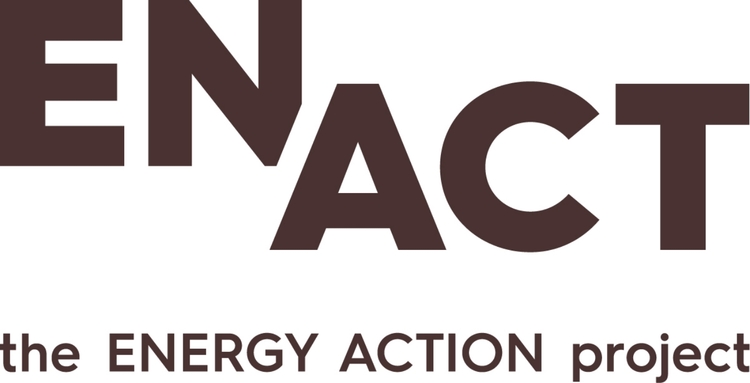Very quickly after its launch, STEP found itself up against circumstances that greatly altered its planned activities — namely the COVID-19 pandemic.
Several factors linked to the pandemic worsened the financial burden for many households, which exacerbated symptoms of energy poverty, including for those previously non-energy-poor. Government-mandated lockdowns forced people to spend almost every waking moment at home – for weeks on end. Energy needed to meet their daily needs, such as cooking, cooling/heating, and electricity for work and educational needs, amplified. For many, the lockdown sent energy bills skyward, sometimes in parallel with a loss of income. In STEP’s final months, the Russian invasion of Ukraine added another unexpected external element that drove up energy prices.
For many households, the pandemic prompted a rise in energy costs. Photo: Filippo Bacci
Now, as the energy crisis deepens and a staggering number of EU citizens face energy hardship, STEP’s experience and recommendations are ready for others to apply. The project demonstrates that working locally, collaboratively and strategically across the three main pillars – advice, training and advocacy – can deliver substantial positive impact, even in tumultuous times.
While STEP set out to lift a substantial number of EU households out of energy poverty, a lack of follow-up survey data made it difficult to assess to the degree to which they achieved that versus primarily mitigating the negative impacts of the COVID-19 pandemic and the war in Ukraine.
Still, the project delivered insights that support policy recommendations and ideas for concrete actions.
Policy recommendations
To foster net improvements in tackling energy poverty, STEP targets national governments to adhere to five key policy recommendations.
Define energy poverty at the national level: Member States (MS) should be obliged to define energy poverty at the national level – reflecting local needs and available capacity. STEP calls specifically for bans on energy supply disconnection.
Introduce a comprehensive strategy for eradicating energy poverty in national legislation: MS should outline measurable targets within national legislation. To ensure accountability, these targets must include: defined timescales, interim milestones, monitoring obligations and a set of programmes designed to meet the target.
Ensure energy efficiency programmes are inclusive: National schemes must cover upfront renovation costs for those who cannot afford to pay themselves. STEP also pushes for local authorities to update regulatory frameworks to prioritise multi-unit building projects in renovation strategies, as a high majority of energy poor tenants Europe-wide reside in such dwellings.
Roll-out dedicated one-stop shops to provide information and support for energy renovations: To boost access to energy renovation advice, STEP encourages MS to create nationalised one-stop shops (OSS), ensuring each centre has capacities that match local needs – such as expertise in rural housing, multi-unit buildings, social housing, low-income areas, and more.
Portuguese partner DECO, for example, collaborated with local authorities to create ‘energy and housing desks’ .
Provide all-important information in user-friendly bills: Energy bills communicate crucial information to households about their energy use and whom to contact in case of a question or dispute. But they also have other information about levies and system costs, which can make them confusing. STEP advocates for energy companies to adopt a more user-friendly approach.
Thanks to STEP advocacy work and project partner Vartotojų Aljansas, more than 200 000 consumers in Lithuania now see an energy advice number clearly printed on their energy bill.
More than 200 000 households in Lithuania now benefit from an energy advice number printed on their energy bills, thanks to the STEP project. Photo: Marina 113
To encourage uptake of these recommendations at the national level, , STEP strongly urges the European Union to revise its Energy Efficiency Directive (EED).





Click here to find out more about the STEP project and how its project results could spark change.






